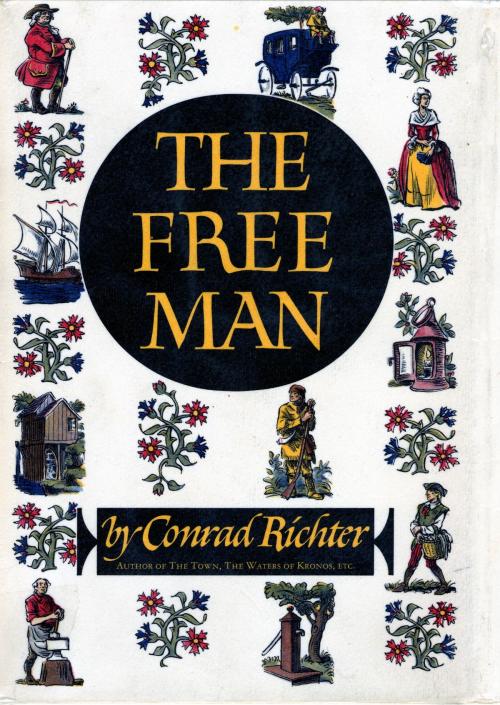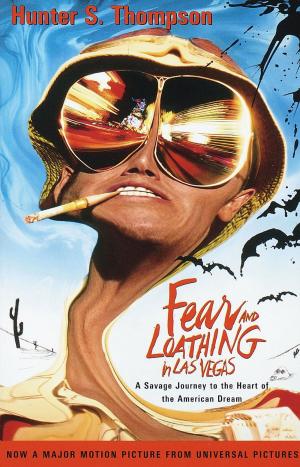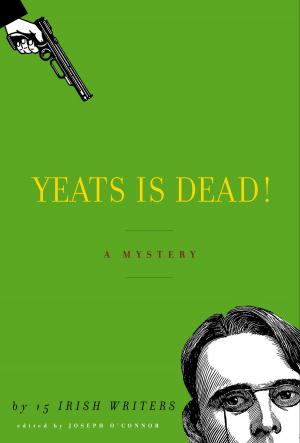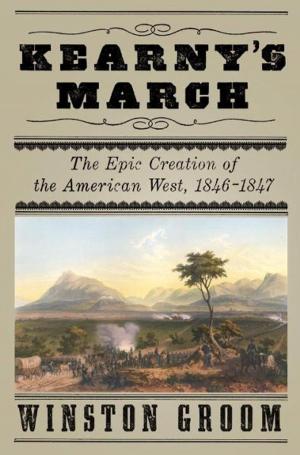| Author: | Conrad Richter | ISBN: | 9780804150989 |
| Publisher: | Knopf Doubleday Publishing Group | Publication: | October 2, 2013 |
| Imprint: | Knopf | Language: | English |
| Author: | Conrad Richter |
| ISBN: | 9780804150989 |
| Publisher: | Knopf Doubleday Publishing Group |
| Publication: | October 2, 2013 |
| Imprint: | Knopf |
| Language: | English |
Henry Free, they called him now, or Frey in the dialect; and they knew him well in all the Pennsylvania land his own Palatine fellow countrymen had settled. They had even sent him to represent them in the Congress at Washington. Captain Free, they said, when they thought how he had fought for the freedom of the colonies a year before the Declaration of Independence. But few of them remembered that he had been Henner Dellicker in the old country, where he was born beside the Neckar; or the tale of his voyage to the new land in the crowded and starved emigrant ship; or of his indentured service in the rich Bayley house in Philadelphia; or of the curel discipline that Miss Amity visited upon him; or how he fled the King’s jailers to the wild frontier, and returned later to settle his accounts with Miss Amity in a way he had not expected.
In this novel, the author of The Trees has written of those early Americans who were among his own forebears—the sturdy, courageous, hard-working, liberty-loving Palantine Germans who with the Alsatians and Swiss came to farm in Pennsylvania and stayed to win their collective freedom on the battlefields of the Revolution. As a footnote to history The Free Man is freshly revealing of an important but unfamiliar aspect of our growth to nationhood and the part played in it by the founding fathers of the Pennsylvania Dutch, their “little Declaration of Independence” as early as April and May 1775, and their introduction and development of that great American influence, the pioneer rifle.
Henry Free, they called him now, or Frey in the dialect; and they knew him well in all the Pennsylvania land his own Palatine fellow countrymen had settled. They had even sent him to represent them in the Congress at Washington. Captain Free, they said, when they thought how he had fought for the freedom of the colonies a year before the Declaration of Independence. But few of them remembered that he had been Henner Dellicker in the old country, where he was born beside the Neckar; or the tale of his voyage to the new land in the crowded and starved emigrant ship; or of his indentured service in the rich Bayley house in Philadelphia; or of the curel discipline that Miss Amity visited upon him; or how he fled the King’s jailers to the wild frontier, and returned later to settle his accounts with Miss Amity in a way he had not expected.
In this novel, the author of The Trees has written of those early Americans who were among his own forebears—the sturdy, courageous, hard-working, liberty-loving Palantine Germans who with the Alsatians and Swiss came to farm in Pennsylvania and stayed to win their collective freedom on the battlefields of the Revolution. As a footnote to history The Free Man is freshly revealing of an important but unfamiliar aspect of our growth to nationhood and the part played in it by the founding fathers of the Pennsylvania Dutch, their “little Declaration of Independence” as early as April and May 1775, and their introduction and development of that great American influence, the pioneer rifle.















